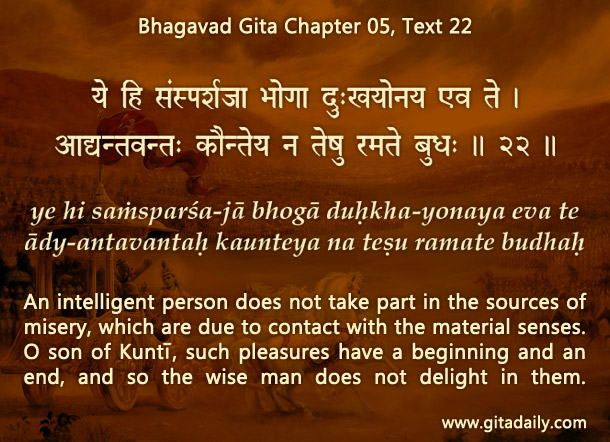What’s wrong with the worldview of desire?
The worldview of desire refers to a materialistic outlook, where individuals are driven by desires for various things in the world. While specific desires may vary from person to person based on their inclinations, the common denominator remains the pursuit of worldly gratification. These desires often revolve around physical possessions, sensual pleasures, prestige, fame, and similar aspirations.
This worldview has been prominent throughout history but is now increasingly facilitated and glamorized in our modern high-tech world. While this materialistic worldview has always had its challenges, its amplification today creates additional problems.
Key flaws in the worldview of desire
- The inevitability of death
The most glaring problem with the worldview of desire is the inescapable reality of death, which acts as the ultimate frustration of all desires. No matter how much one acquires or enjoys, everything can be taken away in an instant. A microscopic germ or an unforeseen accident can end one’s life at any moment. Even if one escapes premature death, old age and eventual death are unavoidable. At that point, everything lived for and achieved becomes meaningless, leaving one utterly frustrated.
Many people psychologically deny the reality of death by living as if they will not die, or at least not for a long time. Yet this denial does not change the fact that death is an inescapable truth.
- The finiteness of desirable resources
The limited availability of desirable objects poses another problem. Resources such as wealth, which are essential for acquiring objects of desire, are never equally or fairly distributed. Even if resources were distributed equally, they would not suffice to fulfill everyone’s major desires, let alone all desires.
Wealth disparity: Those without sufficient wealth to acquire their desires remain perpetually frustrated, feeling deprived of life’s purpose.
Scarcity of desirable objects: Even for those with resources, not all desirable objects are abundant. For instance, not everyone can have the most attractive partners or the rarest possessions. Fierce competition for these limited resources leaves many disappointed.
Diminished sensory capacity: Even when individuals acquire highly desirable objects, their sensory capacity to enjoy is limited. For instance, the enjoyment of delicious food or other sensual pleasures lasts only a few moments or minutes. Over time, the body’s aging process further reduces the ability to enjoy, compounding the frustration.
- The transient nature of enjoyment
Sensory pleasures are inherently temporary and cannot provide lasting satisfaction. As Bhagavad Gita (5.22) cautions, sensual pleasures inevitably lead to misery. The brief moments of pleasure are followed by agitation, dissatisfaction, and the craving for more, creating a never-ending cycle of unfulfilled desires.
Why this worldview needs rethinking
Despite the majority embracing this worldview, its inherent futility makes it unsuitable for thoughtful individuals. The inevitable frustrations—death, resource scarcity, and the transient nature of enjoyment—render the pursuit of desires ultimately meaningless. Recognizing this, pragmatic individuals should explore alternative worldviews that offer deeper meaning and sustainable satisfaction.
Summary:
Definition: The worldview of desire is the materialistic outlook where happiness is sought through acquiring, enjoying, and displaying worldly objects.
Problems:
Death: The inevitability of death renders all pursuits of desire ultimately meaningless.
Finiteness: The scarcity of wealth, desirable objects, and sensory capacity limits the fulfillment of desires.
Transience: Sensory pleasures are temporary, leaving individuals in cycles of dissatisfaction and craving.
Call to action: Thoughtful individuals should recognize the inevitable frustrations of this worldview and seek alternatives that provide lasting fulfillment and meaning.
Think it over:
- Which fundamental reality frustrates the worldview of desire, and why?
- Apart from death, how does the reality of finiteness manifest at three levels (wealth, objects, and sensory capacity)?
- Reflect on a time when you faced frustration due to finiteness and how that experience can help you detach from the worldview of desire.
***
05.22 An intelligent person does not take part in the sources of misery, which are due to contact with the material senses. O son of Kuntī, such pleasures have a beginning and an end, and so the wise man does not delight in them.


Leave A Comment